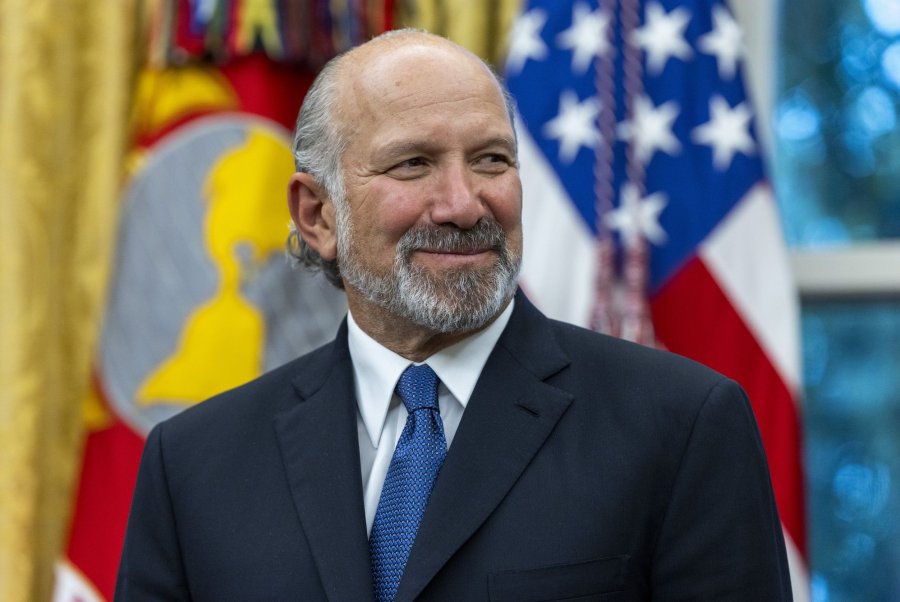Nov. 5 (UPI) — The Costa Rican government has formally asked the United States to exclude its medical device exports from any tariffs that may result from a national security investigation launched by the U.S. Commerce Department.
The request was supported by Boston Scientific, one of the largest U.S. medical device manufacturers operating in Costa Rica, the local outlet El Observador reported.
Costa Rica’s Foreign Trade Minister Manuel Tovar sent a letter in October to the U.S. Department of Commerce, saying Costa Rican exports of medical equipment, supplies and devices “strengthen the competitiveness and resilience of the U.S. health care system,” NCR reported.
Tovar asked that Costa Rica, a member of the Dominican Republic-Central America Free Trade Agreement (CAFTA-DR), be exempted from any restrictive measures that may result from the investigation.
The U.S. government published a request for an investigation on Sept. 26 in the Federal Register to evaluate the national security impact of imports of medical equipment, supplies and devices, the Central American outlet E&N reported.
The measure allows tariffs or quotas to be imposed on sectors considered strategic, and in this case covers products ranging from surgical gloves to catheters and pacemakers.
Boston Scientific — which operates three plants in Costa Rica in Heredia, Alajuela and Cartago and employs more than 7,000 people — submitted a technical brief requesting that Costa Rica and the other CAFTA-DR countries be excluded from any new tariffs.
The company said those countries “are an essential part of the U.S. medical supply chain,” and argued that imposing tariffs on their exports would raise treatment costs and weaken the ability to respond to public health emergencies.
Medical devices are currently Costa Rica’s top export sector, growing nearly 15% year-over-year between January and September 2025, the Ministry of Foreign Trade states.
More than half of those products go to the U.S. market, which has raised concern among the government and private sector about a possible increase in access costs.
The U.S. investigation remains open and, if it is found to affect national security, could lead to new trade measures in early 2026.
Meanwhile, San José is seeking to build support within CAFTA-DR and among U.S. medical device industry groups to preserve its preferential access to the U.S. market and protect a key pillar of its export economy.

